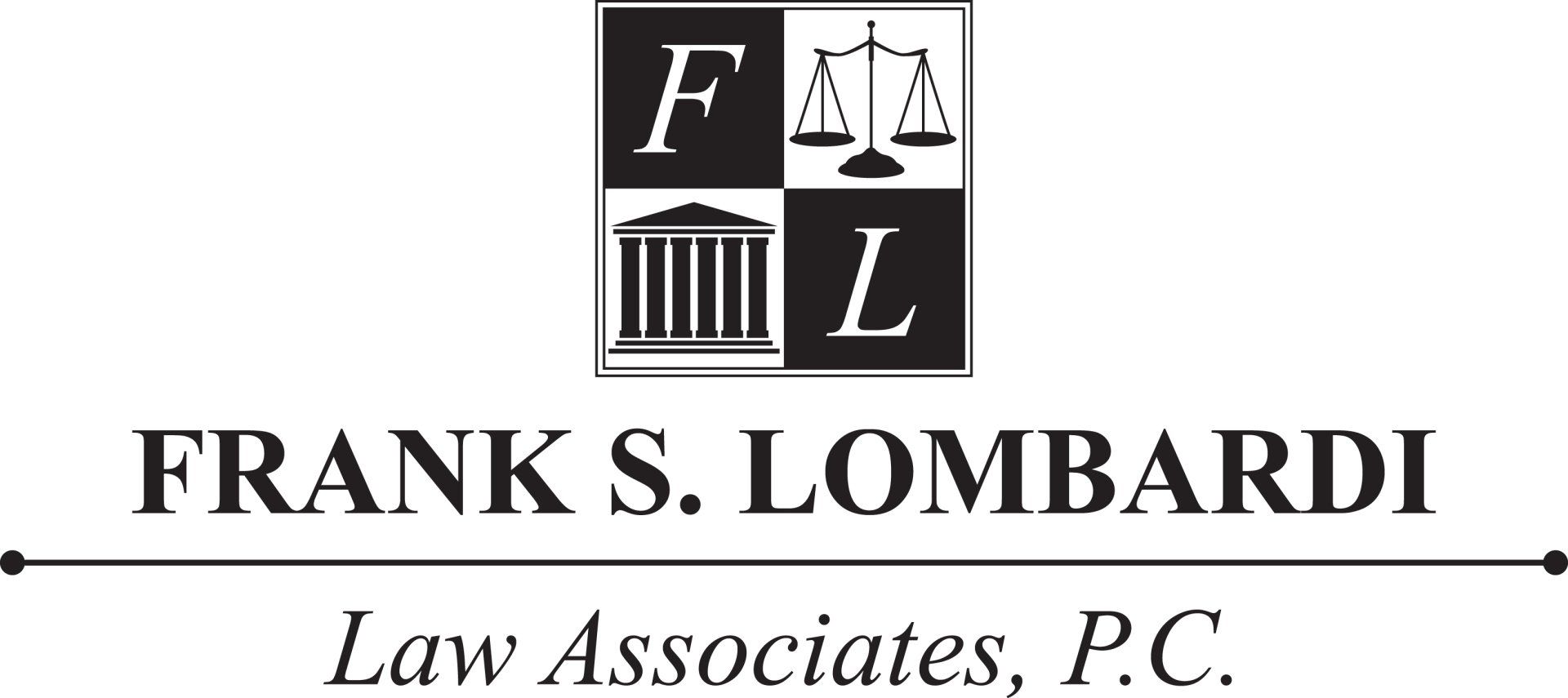Probate and Estate Planning Law Firm

The legal process of transferring property upon a person's death is known as “probate”. Although probate customs and laws
have changed over time, the purpose has remained much the same: people formalize their intentions as to the transfer of their property at the time of their death (typically in a will), their property is collected, certain debts are paid from the estate, and the property is distributed.
Probate Administration

Today the probate process is a court-supervised process that is designed to sort out the transfer of a person's property at death. Property subject to the probate process
is that owned by a person at death, which does not pass to others by designation of ownership (i.e., life insurance policies and payable on "death" bank accounts). The probate system exists for the protection of all the parties involved.
What Happens in Probate?

The probate process may be contested or uncontested. Most contested issues generally arise in the probate process because a disgruntled heir is seeking a larger share of the decedent's property that he or she actually received.
Our firm's policy of settling only for the just compensation of our clients in preparation to litigate the merits of our clients' claims has created an unparalleled success for our firm in the area of probate. While most cases due in fact settle out of court our firm is prepared to litigate the matter as soon as we meet with the client on the first visit.
What is Estate Planning?

Your "estate" consists of all property owned by you at the time of your death, including:
- Real estate
- Bank accounts
- Stocks and other securities
- Life insurance policies
- Personal property such as automobiles, jewelry, and artwork.
Understanding the estate plan options that are right for you can be a complex undertaking. An experienced estate planning attorney can explain all options available to you in meeting your estate planning
goals
and fulfilling the needs of your loved ones -- whether you need to revise an existing will or create a comprehensive estate plan from scratch.
Frank S. Lombardi, Esq., was the Probate Clerk for the City of Providence for 10 years where he served as the Administrative Head as well as Probate Judge of the state's largest Probate Court, presiding over many contested probate matters. He has the experience to help you with all of your estate planning needs.

